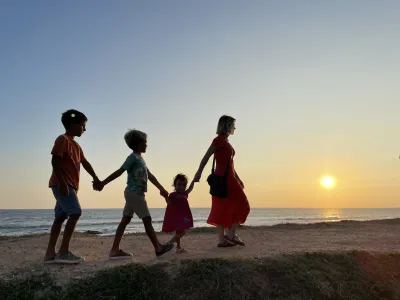
What Is Worldschooling? An Introduction for Families Curious About Learning on the Road
When you first hear the word worldschooling, you might imagine a single definition: perhaps families trekking across continents while their children learn history at the ruins of an ancient city or biology while snorkeling over coral reefs. The truth is, worldschooling doesn’t have just one meaning. It’s an umbrella term that covers many different ways families blend education with travel. At its heart, worldschooling is about using the world as a classroom — whether you’re on the road for a few weeks or years, whether you follow a structured curriculum or let curiosity guide the way.
Worldschooling is inclusive by nature. For some families, it means full-time travel and alternative learning approaches. For others, it’s shorter trips interwoven with more traditional schooling back home. What unites all worldschoolers is the belief that travel can enrich a child’s education by connecting them to cultures, histories, and lived experiences far beyond the textbook page.
Different Ways Families Learn While Traveling
Because every family is different, there isn’t a single “right way” to worldschool. Here are some of the most common approaches families take:
- Local schools: Some families enroll their children in local schools for a term or a semester. This can be an incredible way to immerse in language and culture, though it may also come with challenges around curriculum alignment and transitions.
- Online learning platforms: Many families use structured online programs, which can provide continuity in math, literacy, and core subjects. These platforms allow kids to keep up with traditional benchmarks while maintaining flexibility to travel.
- Parent-led curriculums: For families who prefer more control, parents often take the lead — drawing on homeschool curriculums, unit studies, or personalized lesson plans. This approach is highly adaptable and can weave travel experiences directly into lessons.
- Traveling with a teacher or tutor: Some families choose to travel with a tutor or hire one remotely. This can be especially useful for older kids preparing for exams or when parents feel they need additional academic support.
- Hub programs: Increasingly popular, hubs are short- or long-term programs where groups of families come together. They may look like mini-schools or camps, offering classes, activities, and a ready-made community for both children and parents.
- Unschooling and radical unschooling: On the other end of the spectrum, some families embrace a completely child-led approach. Here, learning happens through daily life, exploration, and the child’s own interests rather than structured lessons. Travel itself becomes the curriculum.
What a Worldschooling Lifestyle Might Look Like
A family’s worldschooling journey can look very different depending on the length of travel and learning style chosen.
- Short-term trips: Families who travel for a few weeks at a time might focus on cultural immersion. For example, spending a summer in Japan could mean a mix of sightseeing, language basics, and documenting experiences in a travel journal.
- Extended stays: Families who relocate for a few months may combine a blend of online schooling with local experiences. Children could continue structured learning in the mornings and explore museums, farms, or art classes in the afternoons.
- Full-time travel: Families on the road year-round often piece together different approaches. One month might involve joining a hub program in Costa Rica, while the next could be self-directed learning while traveling across Southeast Asia.
The beauty of worldschooling lies in its adaptability. Families can shift their approach over time as children grow, interests change, and travel circumstances evolve.
Challenges and Misconceptions
Of course, worldschooling isn’t without challenges. Families sometimes worry about:
- Socialization: Will children have friends? Whilst not always easy, in reality, hubs, online communities, and meetups make it easier than ever to connect on the road and maintain those relationships over time and distance. Our kids have made friends for life through participating in hubs and meetups.
- Academic standards: Some parents fear their children might “fall behind.” Clear planning, online resources, and flexible curriculums can address this. It can take work, but there is an educational approach out there to suit every family.
- Logistics and finances: Travel requires budgeting, visas, healthcare planning, and often juggling remote work. These are real hurdles, but many families find creative solutions. At Family Travel Hive we built a whole raft of travel tools and resources to help make these logistics a bit easier, you can also check out our travel inspiration section to find out more about how families juggle work, finances and travel planning.
- Uncertainty: Since worldschooling doesn’t follow one fixed path, families sometimes question if they’re “doing it right.” The truth is, there is no single right way — only the approach that works for your family. The amazing thing is that the global worldschooling community is diverse and supportive. Connect with others via Family Travel Hive and other online communities and you'll quickly find an incredible array of families pursuing their worldschooling dreams in myriad ways and happy to share their tips and experiences with others.
How Family Travel Hive Can Help
At Family Travel Hive (FTH), we know the journey can feel overwhelming at first. That’s why we’ve built a platform to make worldschooling more accessible and connected:
- Find hubs and camps: Discover programs around the world where kids can learn and families can find community.
- Connect with other families: Use our tools to set up casual meetups, playdates, or group trips with other traveling families.
- Access worldschooling & travel resources: Explore recommendations for online learning, curriculums, and child-friendly activities.
- Get inspired: Read curated blogs and stories from other worldschooling families to see what’s possible.
- Plan with confidence: Use our tools to organize trips, keep track of resources, and explore family-friendly destinations.
Our mission is to help families find not just places, but people and experiences that make worldschooling richer and more fulfilling.
Final Thoughts
Worldschooling isn’t a single blueprint. It’s a flexible, evolving way of learning that looks different for every family. Some combine online schooling with weekend adventures, others lean into unschooling while traveling the globe, and many fall somewhere in between.
What matters most is that travel opens doors — to cultures, to conversations, to curiosity. There’s no one way to do it “right.” If your family is curious about blending learning and adventure, you’re already on the path to worldschooling.

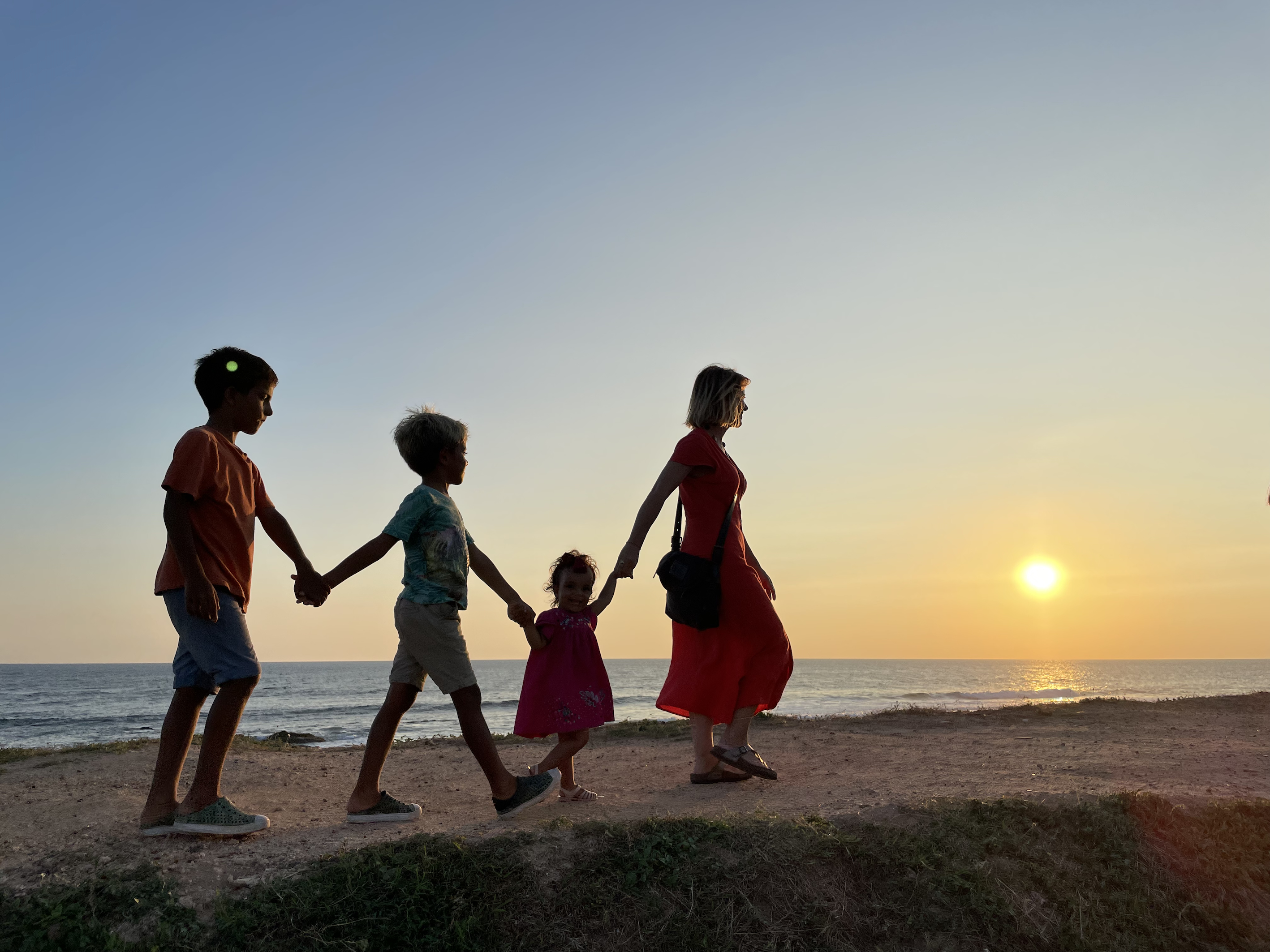
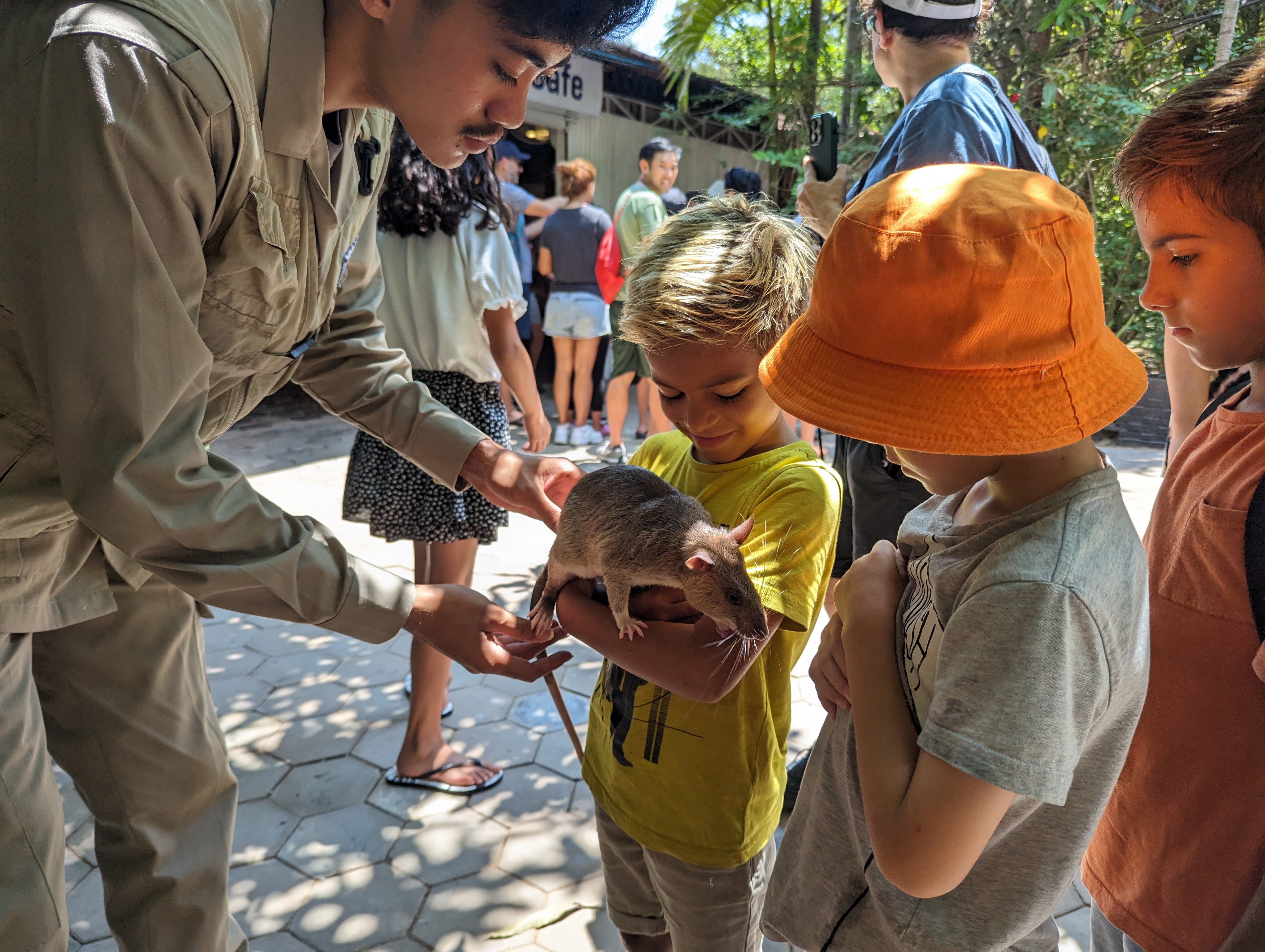
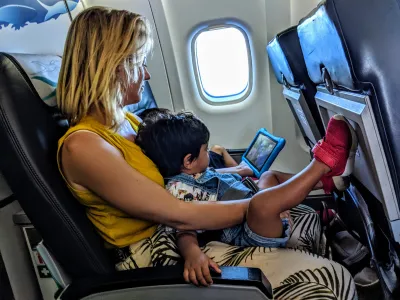
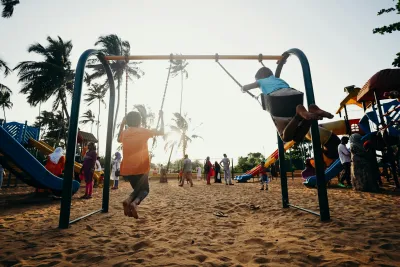
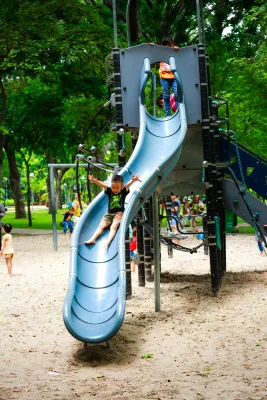




No comments yet…